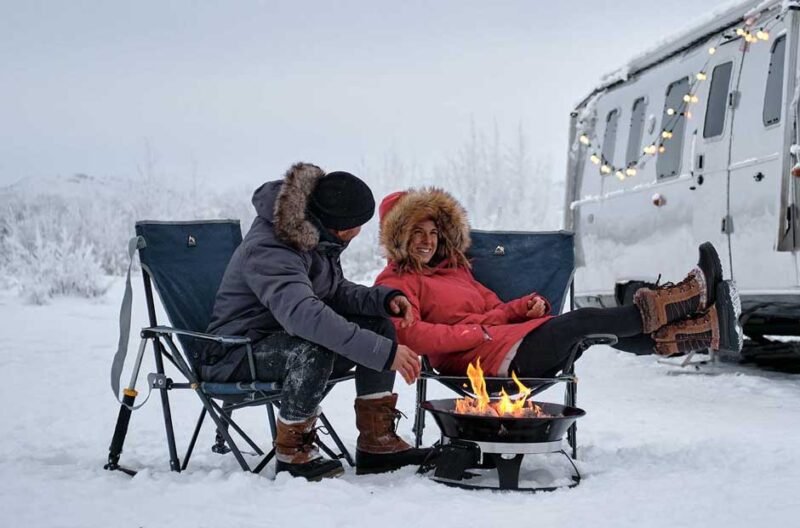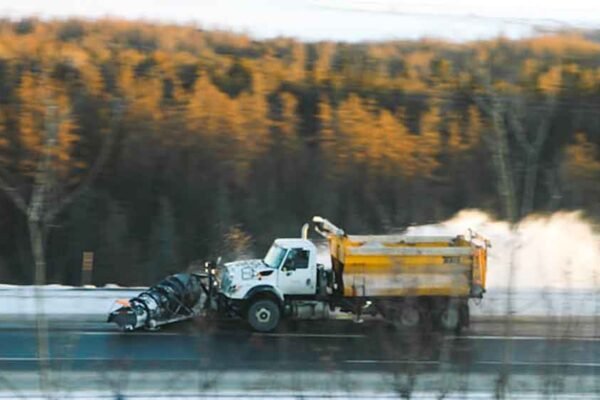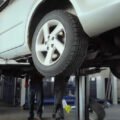
Is the cold weather already starting to make you think about where you’re going to go on your vacation next year?
Whether you’re new to the wonderful world of RVing or you’re an experienced RV-er, there are steps that you need to take to get your recreational vehicle ready for the warmer months of the year.
Read on to discover all the best ways to get your RV ready and raring to go in time for the new year.
Clean the interior
If your RV has been in storage over the winter, then it has probably accumulated a lot of dirt and dust. To remedy this, a deep clean is needed. Start by cleaning and dusting all the surfaces and then move onto the floors.
While cleaning, it can also be a good idea to look out for any leaks, cracks, or signs of rust, so that you can have this fixed before your next trip.
Carry out seasonal maintenance
To make sure that your RV can live a long and happy life, you need to carry out maintenance checks at the start of each season. This should include checking the engine, the tire pressure, the brakes, and the lights.
If you notice any issues such as oil leaks, low tire pressure, or broken lights, then make sure that you have these fixed as soon as possible. This is particularly important if you intend to travel off the beaten track such as going beach camping in Florida or exploring the North Coast 500 in Scotland as you don’t want to break down in the middle of nowhere.
Charge the batteries
Unless you want to run the risk of getting stuck in the middle of nowhere on your next vacation, you need to check and charge the batteries of your RV. The average battery of an RV lasts between 5–7 years, so, if you’re approaching this timeframe, you need to make sure that they’re working as they should be.
If they’re not, make sure you replace them with new ones and also top off their water levels.
Flush out the water system
If you winterized your RV to protect it during the colder months, then you’ll now need to de-winterize in time for summer. For example, if you used antifreeze to protect your pipes, then you need to flush out the system with fresh water until you no longer see any antifreeze coming out.
You may also need to turn your heater’s valve back into the normal operating position and check for any leaks in the system.
Check the appliances
Over the winter, air can get into the gas line of your RV and get stuck. Before your next trip, you must release this air by turning on your propane tank and lighting the burners to check that your stove is working as it should be.
Next, check the furnace, water heater, and generator (if you have one) to make sure that these appliances are all working properly.









